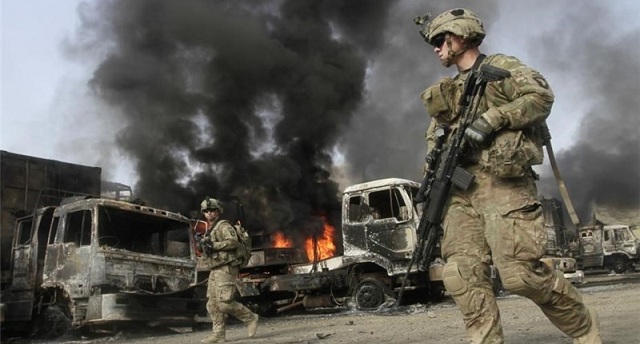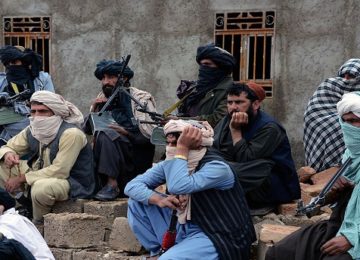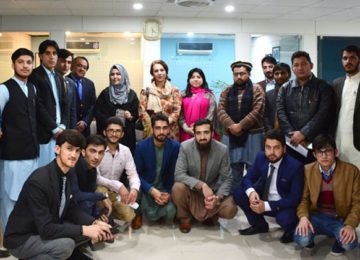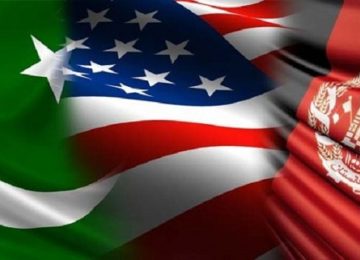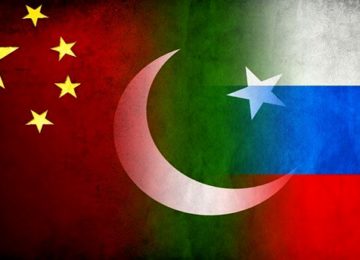Afghanistan’s death toll in the long-running conflict has hit a record high in the first six months of 2018, figures from the UN showed on Sunday, as reported by the AFP news agency. It was reported that suicide and militant attacks were the major causes of civilian deaths.
It was reported that the total number of 1,692 fatalities was almost one percent more compared to a year earlier, which is also the highest for the period since the United Nations Assistance Mission in Afghanistan (UNAMA) started tracking the numbers in 2009. Accordingly, another 3,430 people were wounded in the war, which was down five percent compared to last year.
In the overall figures of civilian casualties, which amounted to 5,122, there was a decline in three percent year on year. This record high death toll came despite an unprecedented cease-fire by government and the Taliban last month during the Holy festivities of Eid. The cease-fire for the first three days of Eid was marked by scenes of jubilation as security forces and Taliban fighters celebrated the Islamic holiday. These scenes gave some hope to the Afghan people that the long-running conflict might soon witness a logical end.
However, the ceasefire was followed by two suicide attacks in the eastern province of Nangarhar that killed dozens of people. These attacks were claimed by the Islamic State in Afghanistan, which was not part of the ceasefire agreement. The Taliban also refused a government request and offer to extend the ceasefire and hence returned to the battlefield, calling the Afghan government, ‘a Puppet of the US’.
“The brief cease-fire demonstrated that the fighting can be stopped and that Afghan civilians no longer need to bear the brunt of the war. We urge parties to seize all opportunities to find a peaceful settlement – this is the best way that they can protect all civilians.”, Tadamichi Yamamoto, the UN secretary general’s special representative for Afghanistan, said.
Source: CRSS Blog.
© Copyright Center for Research and Security Studies (CRSS) and Afghan Studies Center (ASC), Islamabad.



